Our actions have repercussions for the planet. What we eat, how we dress, and how we move around leave traces by emitting CO2 and consuming resources. A few facts show how a basic lifestyle affects the environment.
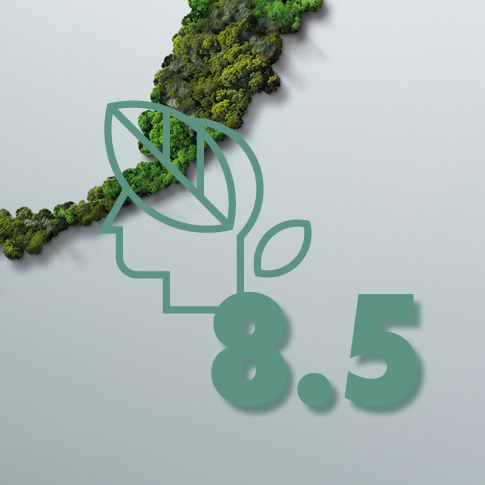
The average German produces 8.5 tons of CO2 emissions each year, landing Germany in 8th place in the worldwide ranking. For comparison: In Namibia, the average carbon dioxide emissions per person is only around 1.7 tons per year.
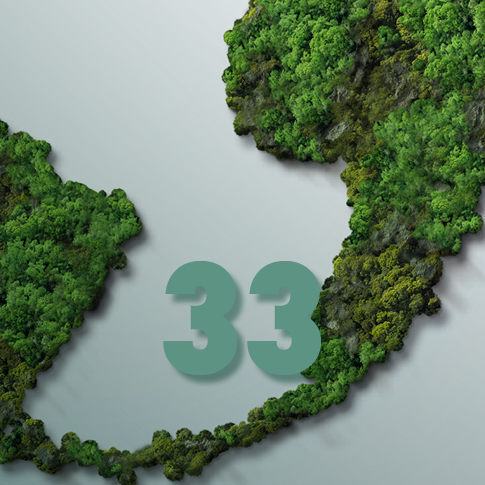
33 million square kilometers of land would be available if we were to give up livestock farming globally: an area larger than the continent of Africa. At the same time, we could feed four billion people from the grain and soy that we save from the animal feed.
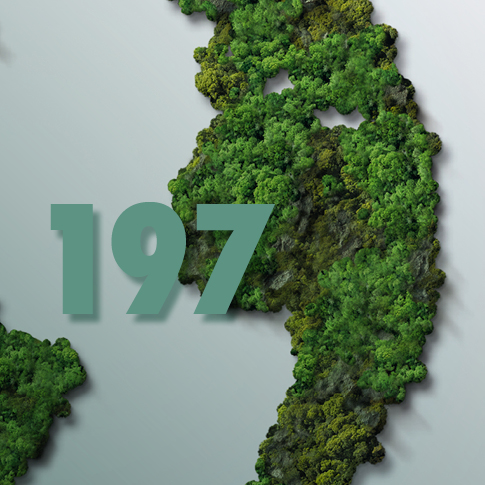
197 nations each year as a result of global warming. In the 20th century, sea levels rose by a total of 15 centimeters.
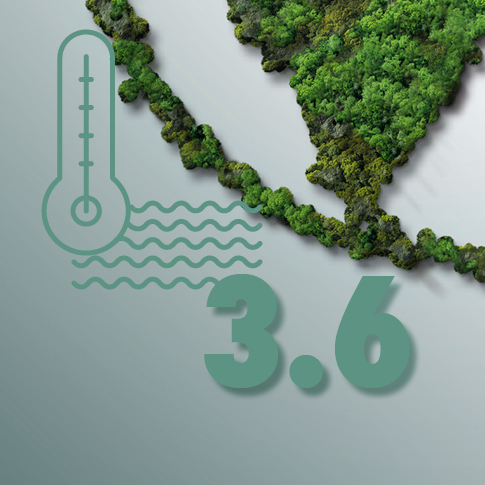
Sea levels are rising by 3.6 millimeters each year as a result of global warming. In the 20th century, sea levels rose by a total of 15 centimeters.
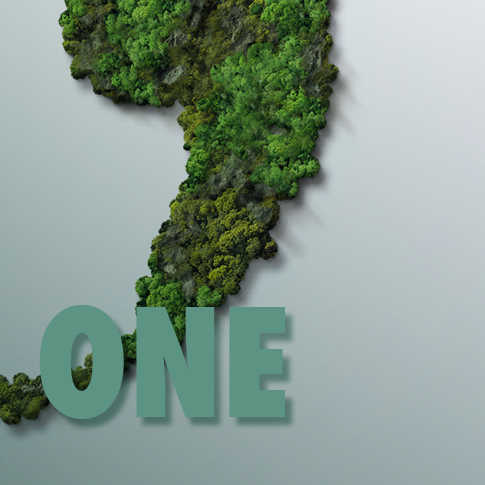
Not driving one day per week and riding your bike everywhere instead saves 3.2 kilograms of CO2. This corresponds to one serving of lamb or sending 800 emails.
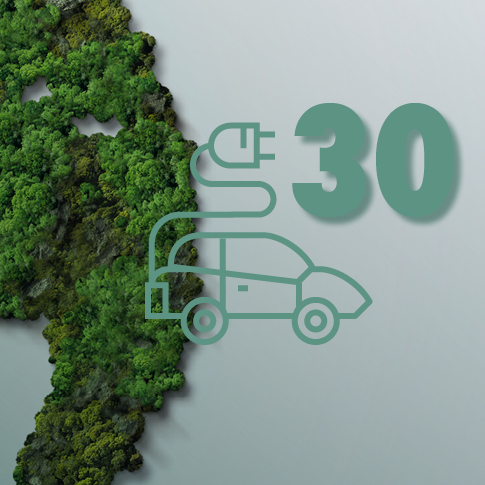
A cyclist produces 30 times less CO2 emissions than a car driver with a combustion engine. Compared to an electric car, a bike still produces ten times less emissions. This calculation includes manufacturing, refueling, and disposal.
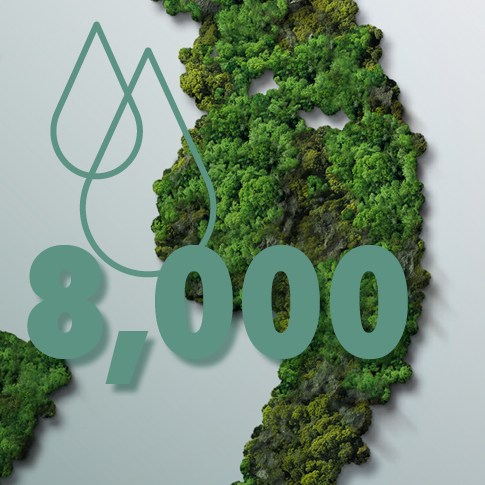
8,000 liters of water are required to make a pair of jeans: enough to fill around 50 bathtubs. Up to 2,000 liters of water go into a T-shirt. Cotton is a very water-intensive crop, but it is mostly grown in dry regions because the plants are quite sensitive and can rot in heavy rains.

130 liters of water are required to produce one cup (125 ml) of roasted coffee. A large amount of water is consumed when cultivating and processing the coffee beans. Around 37 liters of water are required for the same amount of beer, and only 30 liters or so for a cup of tea.

15,500 liters of water are needed to produce one kilogram of beef as cows require large quantities of grass and grains to gain weight. In contrast, only about 4,800 liters of water are needed to produce one kilogram of pork, and roughly 4,000 liters for one kilogram of chicken.
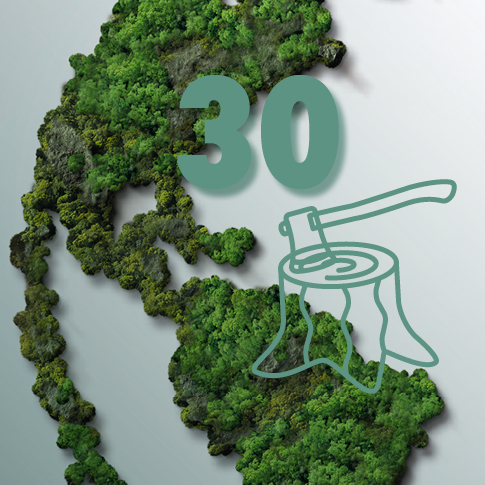
30 soccer fields of rainforest are lost every minute across the globe due to deforestation, slash-and-burn farming, or forest fires. The cleared area is mostly used for agriculture and livestock farming. In 2020, a Netherlands-sized area of rainforest disappeared.









